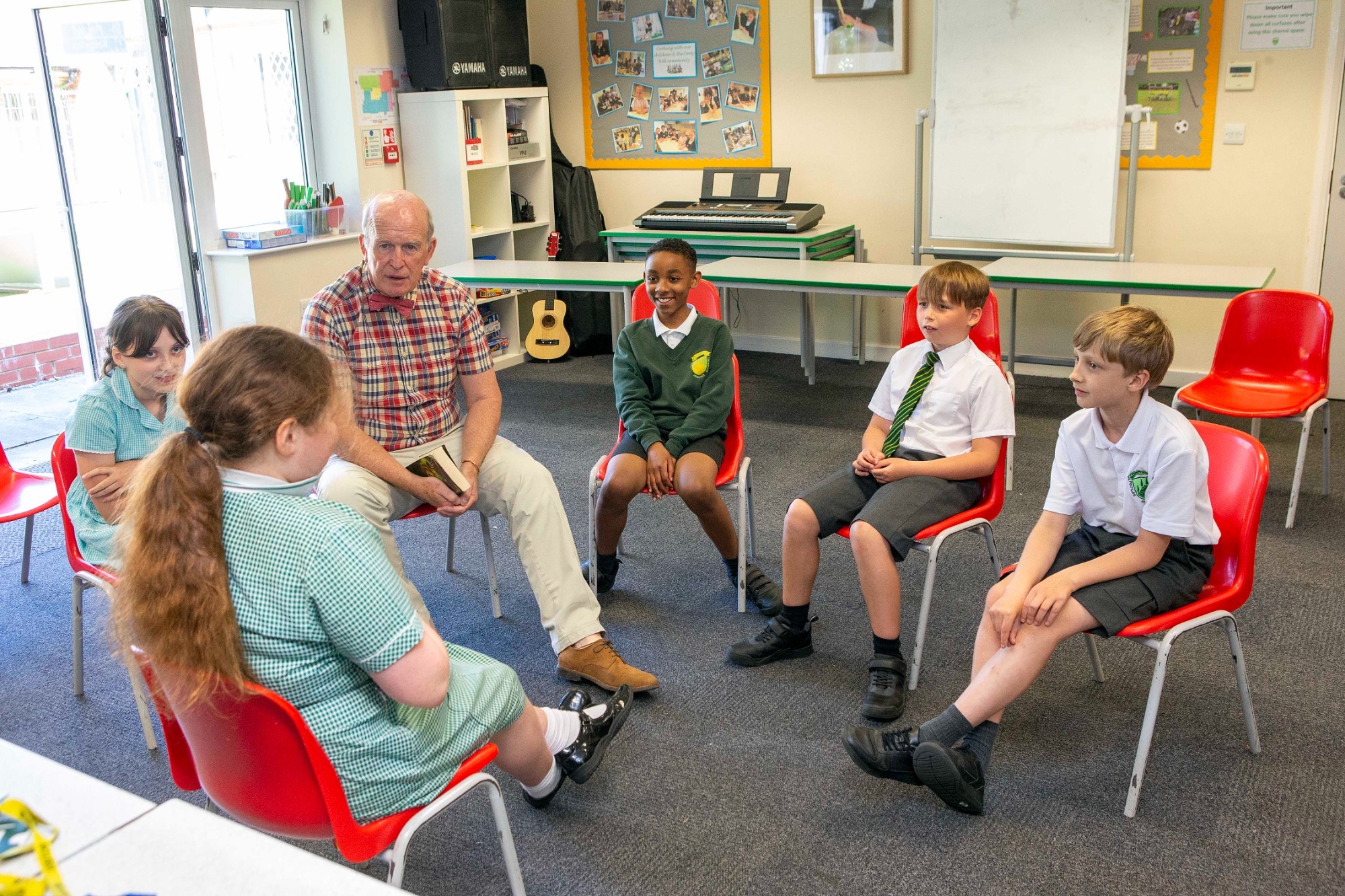Pupil Premium
The Government believes that the Pupil Premium, which is additional to main school funding, is the best way to address the current underlying inequalities between children eligible for free school meals (FSM) and their more advantaged peers by ensuring that funding to tackle disadvantage reaches the pupils who need it most. Our school data is positive for outcomes for Pupil Premium pupils but we continue to build on this to diminish the difference between Pupil Premium pupils in the school and all pupils nationally. It is for schools to decide how the Pupil Premium, allocated to schools per FSM pupil, is spent, since they are best placed to assess what additional provision should be made for the individual pupils within their responsibility. However, they will be held accountable for how they have used the additional funding to support pupils from low income families.

From September 2016, schools have been required to publish a Pupil Premium Strategy. This will ensure that parents are fully informed about the amount of allocation, barriers faced by eligible pupils, how the funding is to be spent, how we will measure impact and the date the strategy will be reviewed. We also need to include how the allocation was spent for the previous year and its impact on eligible and other pupils.

Our key objective in using the Pupil Premium Grant is to diminish the differences between pupil groups. As a school we consistently track all groups of pupils to ensure that they make good or better progress. Through targeted teaching and interventions, we are working to eliminate barriers to learning and progress. For new entrants that start with low attainment on entry, our aim is to ensure that they make accelerated progress in order to reach age related expectations as they move through the school. Once at age related expectations we always continue to extend that learning further to ensure that they reach their highest levels of attainment. We closely monitor how we are spending the allocated funds to ensure they are having an impact on pupil premium pupil’s achievement. We also continue to focus on more-able Pupil Premium pupils to ensure they are not an underachieving group. As part of our overall strategy to ensure that our Pupil Premium children are not disadvantaged compared to their peers, we allocate a large proportion of our funding to enrichment programmes designed to further develop confidence and skills for our pupils to succeed in all areas of the curriculum and society.

At Forty Hill, we deploy a Pupil Premium Strategy that not only seeks to support and benefit our children eligible for the Pupil Premium funding, but also a whole school approach to this strategy, aiming to ensure all of our children make good progress from their starting points. We are proud of this ethos and aim to utilise the small amount of pupil premium funding to support our wider school aim of inclusivity and giving every child the opportunity to flourish and live life to the full.
Jesus said: “I have come that they may have life, and have it to the full’ John 10:10
In February 2021, the government announced a one-off recovery premium as part of its package of funding to support education recovery.
The recovery premium provides additional funding for state-funded schools in the 2021 to 2022 academic year. Building on the pupil premium, this funding will help schools to deliver evidence-based approaches for supporting disadvantaged pupils.
Schools should spend this premium on evidence-based approaches to support pupils. Activities should include those that:
-
support the quality of teaching, such as staff professional development
-
provide targeted academic support, such as tutoring
-
deal with non-academic barriers to success in school, such as attendance, behaviour and social and emotional support
Like the pupil premium, schools can:
-
spend the recovery premium on a wider cohort of pupils than those who attract the funding
-
direct recovery premium spending where they think the need is greatest
